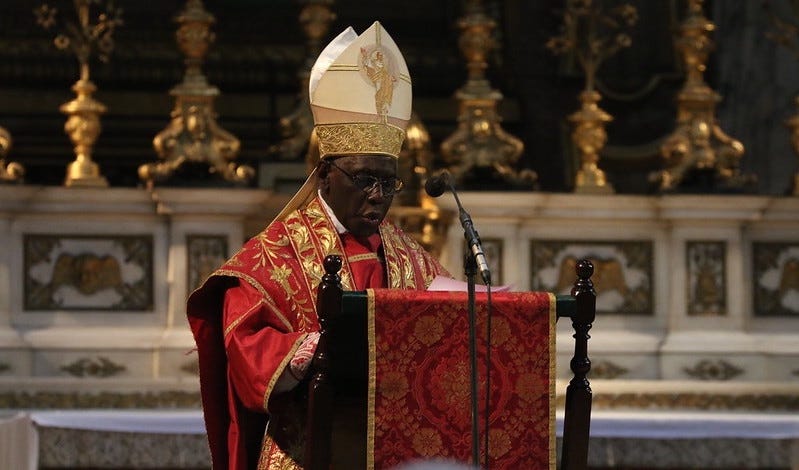For most Vatican observers, it was nearly a foregone conclusion that Cardinal Robert Sarah would not remain in the Vatican much beyond reaching retirement age. Therefore it was hardly a surprise that Pope Francis accepted the cardinal’s resignation from Vatican service on Saturday.
Nor w…

